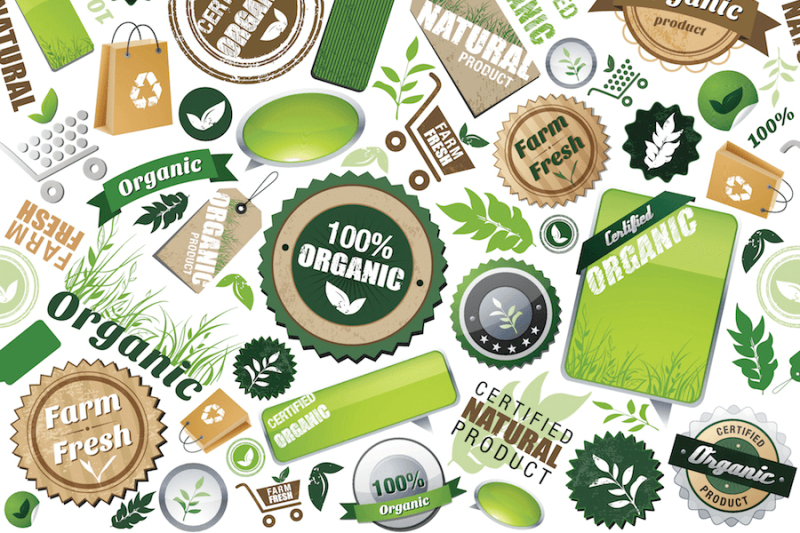After 10 years of slow but steady growth, sales of organic food and drink in UK supermarkets have fallen by 2.1% over the last year. More sobering still is that despite a decade of boasts about strong year-on-year growth, organics started from such a low base that it still only accounts for 1.8% of the total food and drink market, compared to 1.2% a decade ago. So even if this year’s dip is a blip, a o.6% gain in market share each decade would mean it would be another 800 years before most of what we ate and drank was organic. Even with exponential growth of 50% per decade, we’d still have to wait until the 22nd century.
The movement is facing other important challenges. Few other than true believers think that we can sustainably feed the world organically. There is broad consensus that on average organic yields are around 80% that of “conventional” crops. More organic farming would require more good farmland, which is in short supply. Worse, researchers who examined the consequences of the UK going fully organic concluded it would increase greenhouse gas emissions and reduce biodiversity.
Anyone hoping that this is the future of food must now admit that it just isn’t going to happen. That doesn’t mean it’s the end of the road. It just means facing up to the fact that to complete the journey to a future of sustainable food requires widening the path to accommodate more and diverse fellow travellers.































